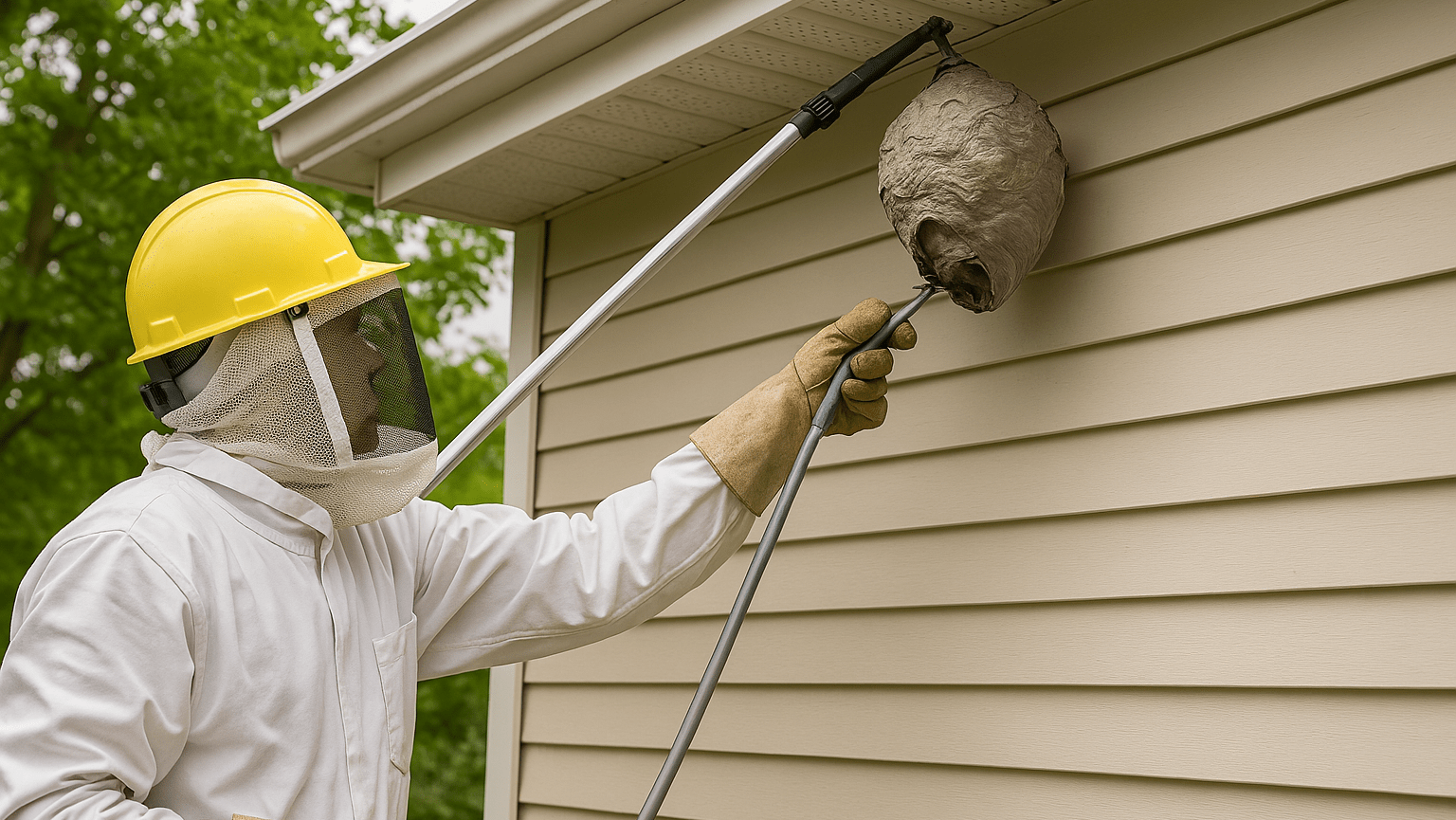Key Takeaways
- Respond calmly but swiftly to hornet stings by following immediate first aid steps.
- Recognize severe allergic reactions and know when to seek emergency medical help.
- Continuous home care promotes faster healing and prevents complications.
- Regularly inspect your surroundings and adopt preventive measures to minimize hornet sting risks.
- Maintain a well-stocked home first aid kit for rapid response and family safety.
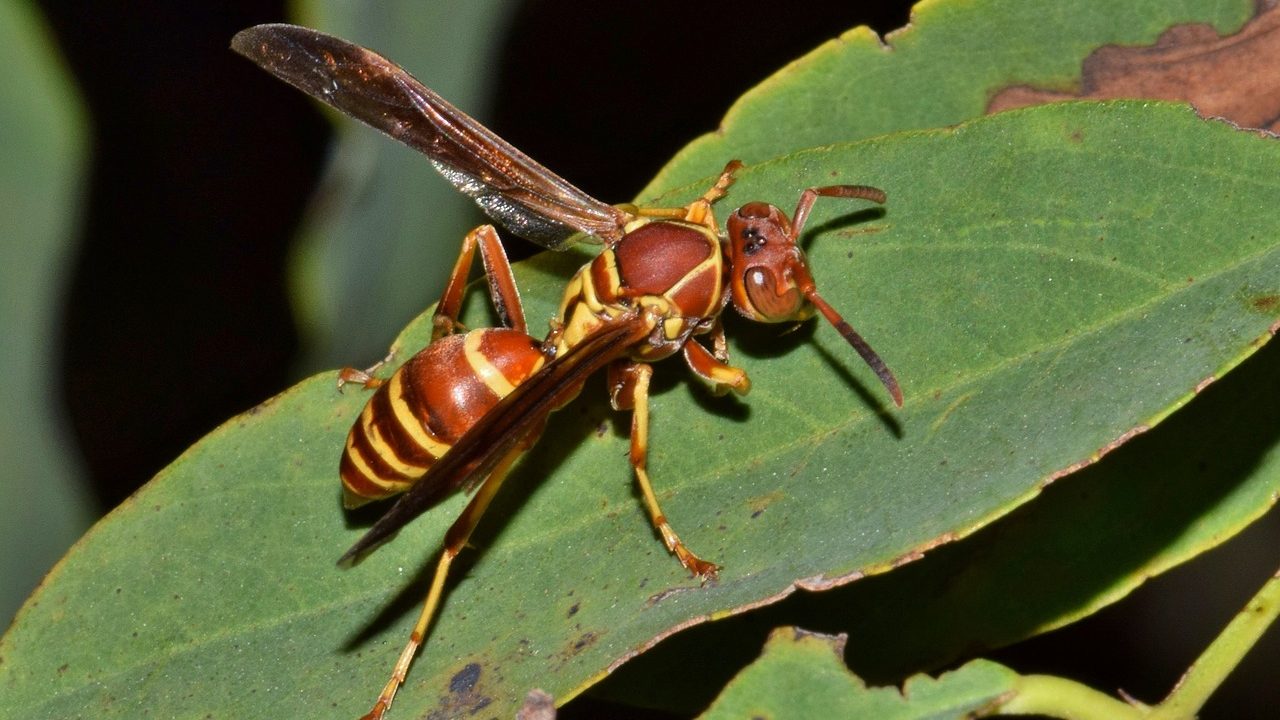 Hornets are more active during the summer time of year, increasing the chance of running into them. These hornets are social wasps are known for their painful stings, which usually happen when they feel threatened. But accidental stings can happen too, especially if you’re outdoors or near their nests.
A hornet sting can cause pain, itching, and swelling. For some people, it may trigger an allergic reaction that needs quick medical attention. Knowing how to spot the symptoms and how to treat a hornet sting can help you stay safe. Hornet sting treatment includes simple first-aid steps to ease pain and swelling, as well as effective hornet sting remedies you can try at home.
Removing a hornet nest on your own can be risky, so understanding when to call pest control and how to prevent nests from forming can protect you and your family. This blog covers hornet sting treatment, hornet sting symptoms, first-aid tips, and prevention strategies to get rid of hornets from your home.
Hornets are more active during the summer time of year, increasing the chance of running into them. These hornets are social wasps are known for their painful stings, which usually happen when they feel threatened. But accidental stings can happen too, especially if you’re outdoors or near their nests.
A hornet sting can cause pain, itching, and swelling. For some people, it may trigger an allergic reaction that needs quick medical attention. Knowing how to spot the symptoms and how to treat a hornet sting can help you stay safe. Hornet sting treatment includes simple first-aid steps to ease pain and swelling, as well as effective hornet sting remedies you can try at home.
Removing a hornet nest on your own can be risky, so understanding when to call pest control and how to prevent nests from forming can protect you and your family. This blog covers hornet sting treatment, hornet sting symptoms, first-aid tips, and prevention strategies to get rid of hornets from your home.
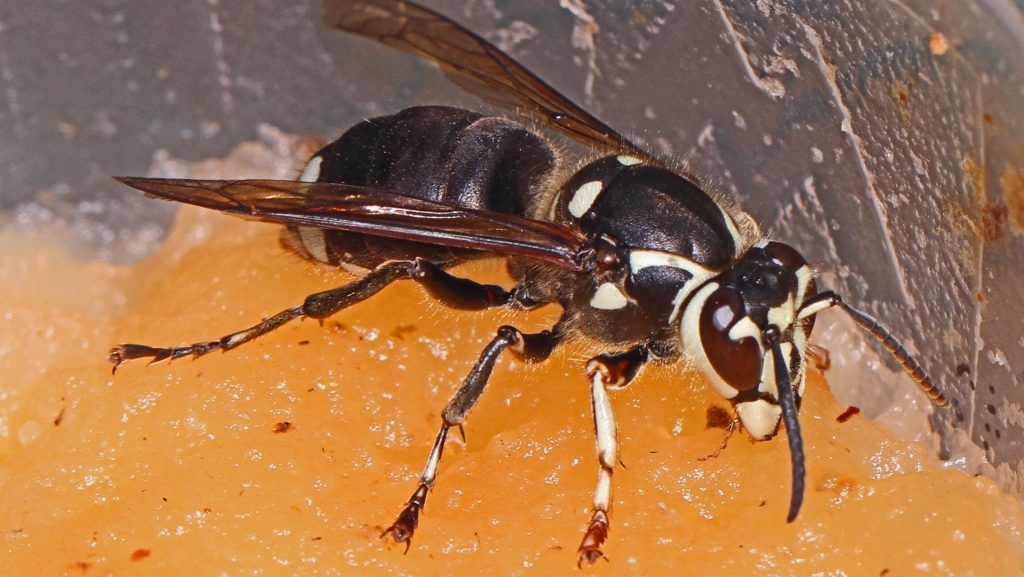

Not getting a solution?
Get your free pest control estimate today!Preparing Your Home First Aid Kit
A well-stocked first aid kit is essential for immediate response to hornet and other insect stings. Your kit should include:- Antihistamines (oral medication like Benadryl)
- Hydrocortisone cream and calamine lotion
- Instant cold packs for quick application
- Tweezers, bandages, and antiseptic wipes
- Pain relievers (acetaminophen or ibuprofen)
- Emergency contact numbers, including 911, local hospitals, your physician, and Poison Control (1-800-222-1222)
How to Treat a Hornet Sting: Immediate First Aid Steps
If you’ve been stung by a hornet, follow these steps for hornet sting treatment to get relief for hornet stings, minimize pain and reduce swelling.Hornet Sting First Aid Guide
A step-by-step guide to treating a hornet sting effectively, ensuring proper care and safety measures are followed.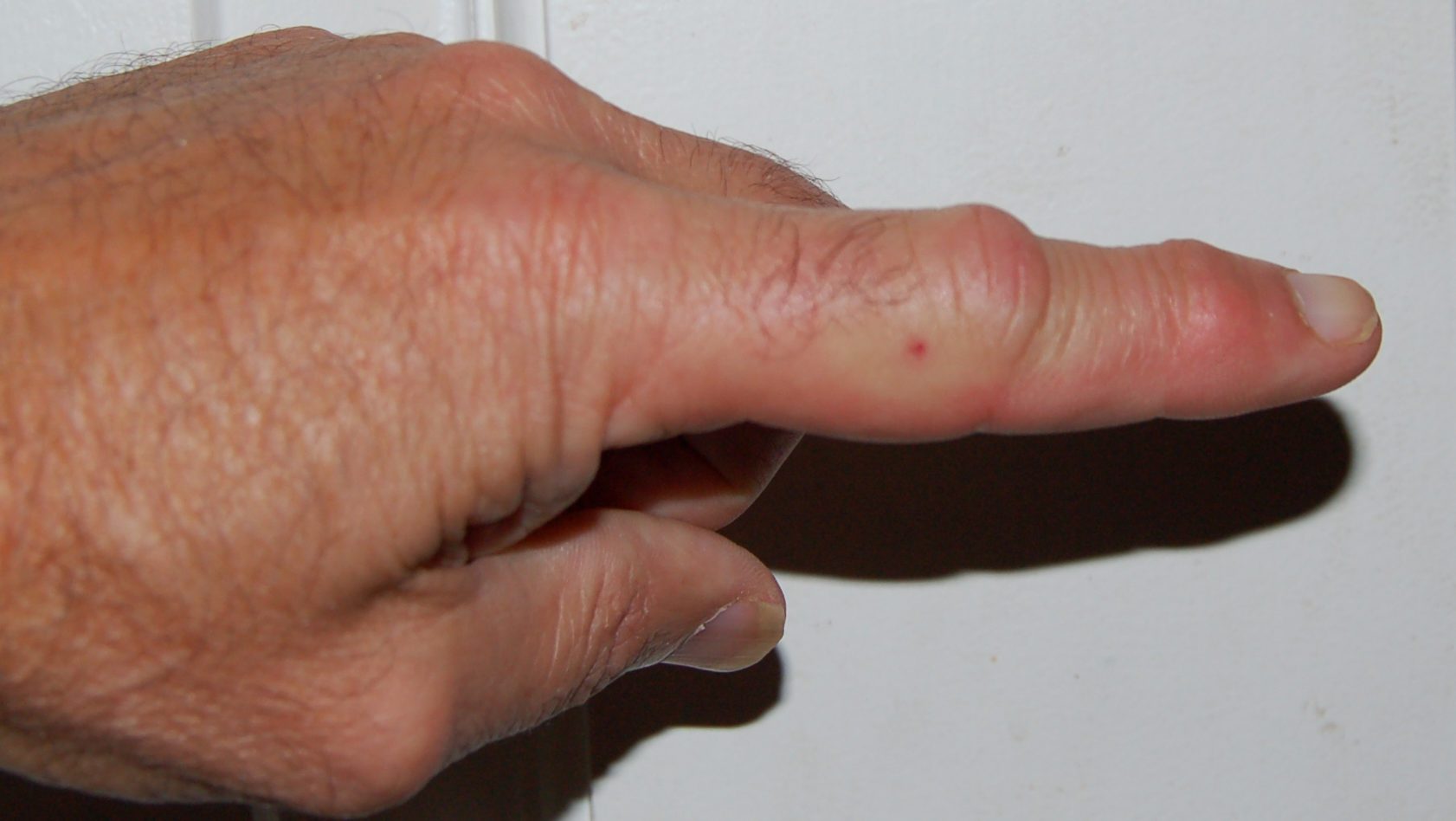
INSTRUCTIONS
1. Remove the Stinger (if applicable)
- Although hornets typically don’t leave their stingers behind, check the sting site. If you find a stinger, scrape it out gently using a clean knife or fingernail. Avoid pinching the area to prevent releasing more venom.
2. Clean the Sting Site
- Wash the area thoroughly with soap and water to ensure it is clean before proceeding with treatment.
3. Apply a Cold Compress
- To reduce swelling and numb the area, apply an ice pack wrapped in a cloth to the sting site for 10 to 15 minutes.
4. Take Pain Relievers
- Use common pain relievers like ibuprofen or acetaminophen to alleviate pain and swelling. Follow the recommended dosage instructions.
5. Monitor for Allergic Reactions
- Watch for symptoms such as difficulty breathing, swelling in the throat or mouth, rapid heartbeat, or dizziness. Seek immediate medical attention if symptoms escalate.
SAFETY TIPS
-
Avoid Squeezing the Sting Area: Do not pinch or squeeze the sting site to avoid spreading venom further into the skin.
-
Know Allergic Reaction Signs: Be aware of symptoms like difficulty breathing or severe swelling that require urgent care.
Note
Always monitor for allergic reactions and seek immediate medical help if symptoms worsen.Hornet Sting Remedies: Natural Ways to Soothe the Pain
In addition to immediate first-aid steps, several hornet sting remedies can provide natural hornet sting treatments to soothe the pain and reduce hornet sting swelling. These natural treatments can be applied at home and are simple to use: Baking Soda Paste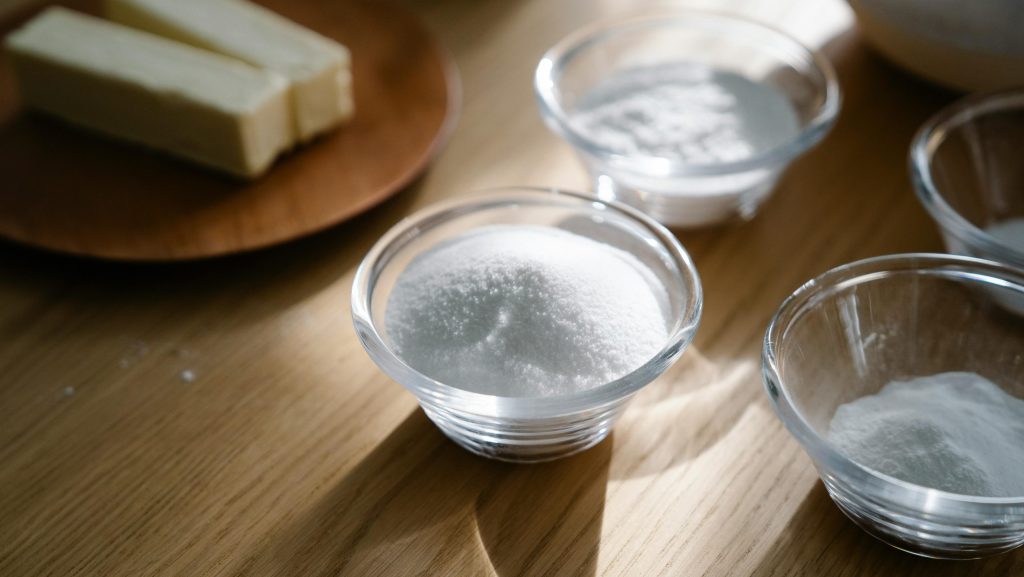 Baking soda can neutralize the acidic venom from a hornet sting and provide quick relief. Mix a small amount of baking soda with water, then apply it directly to the sting site. Leave the paste on for 10 to 15 minutes before rinsing it off. This simple remedy can effectively reduce hornet sting swelling and ease discomfort.
Essential Oils
Baking soda can neutralize the acidic venom from a hornet sting and provide quick relief. Mix a small amount of baking soda with water, then apply it directly to the sting site. Leave the paste on for 10 to 15 minutes before rinsing it off. This simple remedy can effectively reduce hornet sting swelling and ease discomfort.
Essential Oils
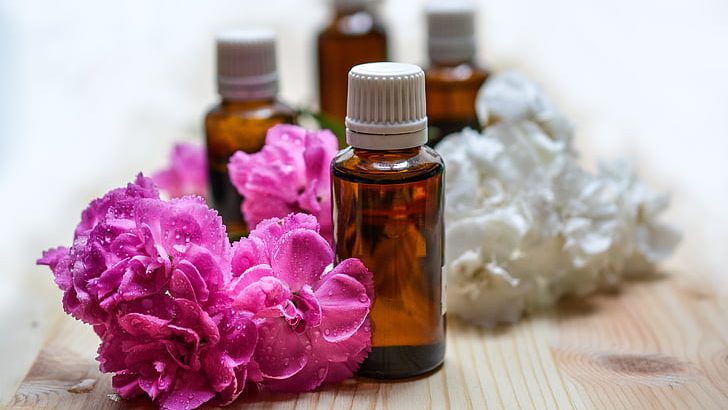 Essential oils like peppermint and lavender have antiseptic and anti-inflammatory properties. Mix them with a carrier oil and apply the blend to the affected area to minimize pain, reduce swelling, and prevent infection. To ensure no adverse reaction, test the oils on a small area of skin before applying them to the sting.
Honey
Essential oils like peppermint and lavender have antiseptic and anti-inflammatory properties. Mix them with a carrier oil and apply the blend to the affected area to minimize pain, reduce swelling, and prevent infection. To ensure no adverse reaction, test the oils on a small area of skin before applying them to the sting.
Honey
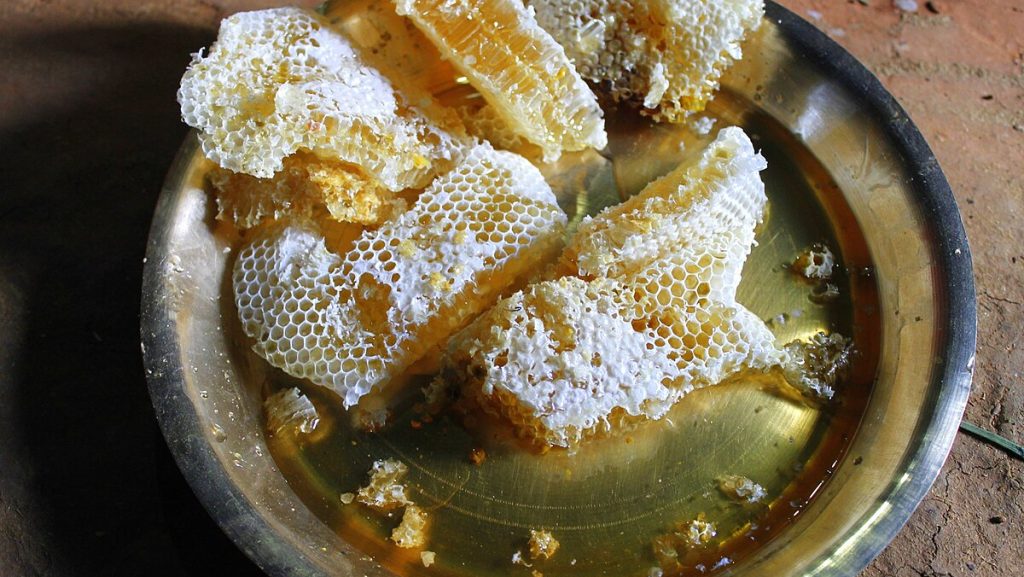 Honey carries antibacterial and anti-inflammatory properties, making it an excellent option for natural hornet sting treatments. Apply a small amount of honey to the sting site to reduce hornet sting swelling and prevent infection. It can also soothe the pain and promote faster healing of the affected area.
Aloe Vera Gel
Honey carries antibacterial and anti-inflammatory properties, making it an excellent option for natural hornet sting treatments. Apply a small amount of honey to the sting site to reduce hornet sting swelling and prevent infection. It can also soothe the pain and promote faster healing of the affected area.
Aloe Vera Gel
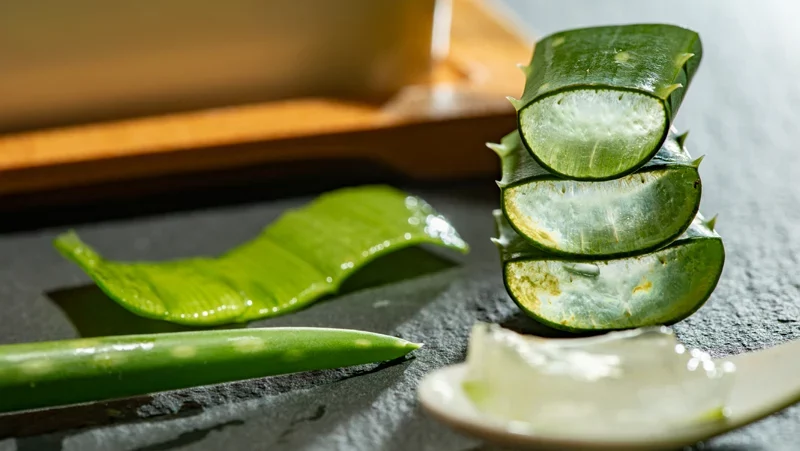 Aloe Vera is well-known for its cooling and soothing effects on the skin. It can be particularly helpful for reducing inflammation and calming the sting site. Apply fresh aloe vera gel to the stung area and let it dry to naturally soothe pain and reduce hornet sting swelling.
Aloe Vera is well-known for its cooling and soothing effects on the skin. It can be particularly helpful for reducing inflammation and calming the sting site. Apply fresh aloe vera gel to the stung area and let it dry to naturally soothe pain and reduce hornet sting swelling.
What Happens When You Get Stung by a Hornet?
When a hornet stings, it injects venom that triggers hornet sting symptoms like pain, redness, swelling, and warmth at the sting site. For most people, the pain fades within a few hours, but swelling and itching may last longer. In some cases, the swelling spreads beyond the sting area, affecting a larger part of the body. Severe allergic reactions, like anaphylaxis, are rare but dangerous. Hornet sting symptoms of an allergic reaction include difficulty breathing, swelling of the face or throat, dizziness, and a rapid heartbeat. If these occur, immediate medical attention is needed. Most hornet stings cause mild symptoms, but knowing the signs of a serious reaction can help you stay safe.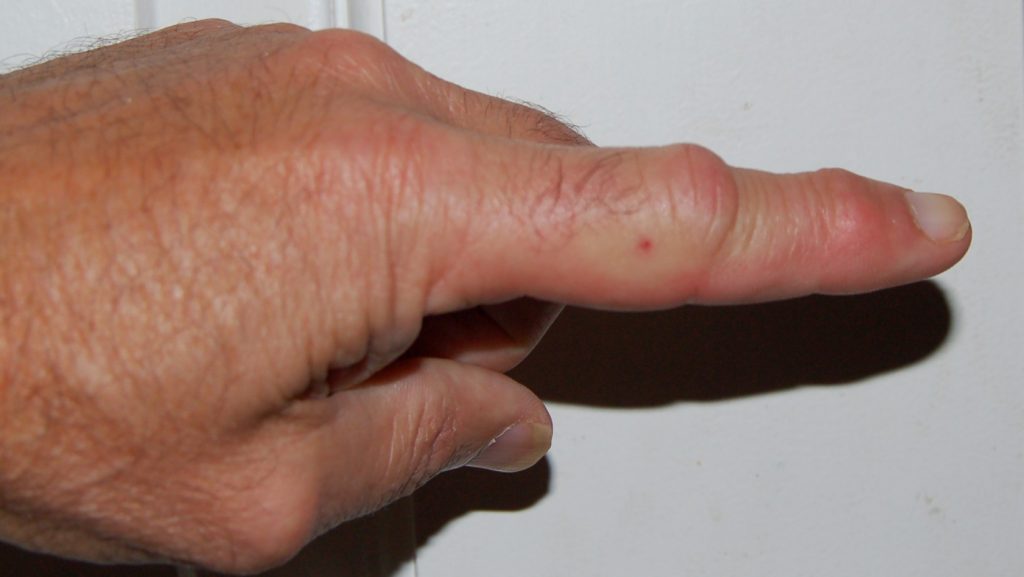 Symptoms of a hornet sting can vary depending on the person’s sensitivity to the venom.
Symptoms of a hornet sting can vary depending on the person’s sensitivity to the venom.
Common Reactions to Hornet Stings
-
Immediate Pain: Intense, sharp pain at the sting site.
-
Swelling and Redness: The area around the sting becomes swollen and red.
-
Itching and Warmth: The sting site may feel hot and itchy.
-
Other Symptoms: Dizziness, nausea, and headache may occur in some cases, especially if there is a more severe allergic reaction.
When to Seek Medical Attention for a Hornet Sting
Most hornet stings are not life-threatening and can be treated effectively with home remedies. However, it’s essential to recognize when you need to seek medical attention.Signs of an Allergic Reaction
-
Swelling of the throat, lips, or face: It might cause difficulty breathing and requires immediate medical intervention.
-
Wheezing or shortness of breath: Difficulty breathing is a critical sign of an allergic reaction.
-
Dizziness or fainting: These symptoms indicate that the body is in distress and may require emergency care.
-
Chest pain: This can signal a severe reaction and needs to be addressed right away.
Hornet Sting Prevention
While it’s important to know how to treat a hornet sting, prevention is always better than treatment.Tips to Avoid Hornet Stings: Expert Strategies for Safe Outdoor Activities
Hornets can be aggressive when they feel threatened, and their stings are not only painful but potentially dangerous for those who are allergic. Understanding the best ways to avoid hornet stings is crucial, especially when spending time outdoors. By implementing the following strategies, you can reduce your risk and enjoy your surroundings with confidence.1. Avoid Disturbing Hornet Nests
- Hornets are territorial creatures, and they will defend their nests aggressively if they feel threatened. The first and most important rule in avoiding hornet stings is to avoid disturbing their nests. Here’s why:
-
Hornets Are Protective of Their Homes: Unlike bees, hornets can sting multiple times because their stinger doesn’t detach. If they feel their nest is under threat, they will attack in swarms to defend it.
-
Nest Location: Hornet nests are typically found in trees, under eaves, in sheds, or other quiet, undisturbed areas. Stay at least 10-15 feet away from any nests you encounter.
-
Signs of Hornet Nests: Look for large, papery, round nests. If you spot one in a high-traffic area, consider contacting a professional pest control service for safe removal.
2. Seal Food and Drinks
- Hornets are highly attracted to food, especially sugary substances. Unattended food and drinks can attract hornets from far away. Here’s how to keep them at bay:
-
Cover Food Items: When eating outdoors, always cover food or store it in sealed containers. Sweet foods like fruits, juices, and sugary drinks are particularly attractive to hornets.
-
Keep Drinks Covered: Even if you’re not eating, drinks like sodas or any sugary liquid can still attract hornets. Always cover your drink or store it in a sealed container when not in use.
-
Clean Up Promptly: After meals or gatherings, clean up food scraps and empty cans quickly to avoid attracting hornets with remnants of food.
3. Avoid Floral Scents
- While floral scents might seem pleasant to us, they can act as a beacon for hornets. Here’s why you should be cautious:
-
Attracts Hornets and Other Insects: Floral and fruity scents attract hornets, as they are drawn to sweet-smelling aromas. Avoid strongly scented perfumes or lotions when outdoors.
-
Natural Fragrances: Lavender or rose scents, while pleasant to us, can make you more appealing to hornets. Opt for unscented products, especially for extended outdoor activities.
-
Avoid Scented Candles: Scented candles, especially floral or fruity ones, can attract hornets and other insects during outdoor gatherings. Be cautious with candles and incense in the evening.
4. Seal Garbage Bins Tightly
- Garbage bins are one of the most common attractants for hornets, as they are drawn to any source of food waste. Here’s why sealing your trash is essential:
-
Hornets Are Scavengers: Hornets feed on food waste, especially rotting food like meat and sugary substances. Garbage bins provide a constant food source for them.
-
Avoid Overfilled Bins: Make sure your garbage bins are tightly sealed and do not overflow, as this can attract hornets looking for an easy meal.
-
Regular Waste Removal: Promptly dispose of food waste after outdoor events or BBQs to reduce the risk of attracting hornets.
5. Wear Protective Clothing
- If you plan to work outdoors in areas where hornets might be present, wearing protective clothing can significantly reduce your risk of being stung. Here’s how:
-
Cover Exposed Skin: Wear long sleeves and pants to create a barrier between you and hornets, minimizing the risk of stings.
-
Avoid Bright Colors: Bright colors, particularly yellow, attract hornets. Stick to neutral-colored clothing like gray, khaki, or white to avoid drawing attention.
-
Use Gloves and Hats: Protect your hands, wrists, and face by wearing gloves and a hat, especially when working outdoors or in areas with hornet activity.
